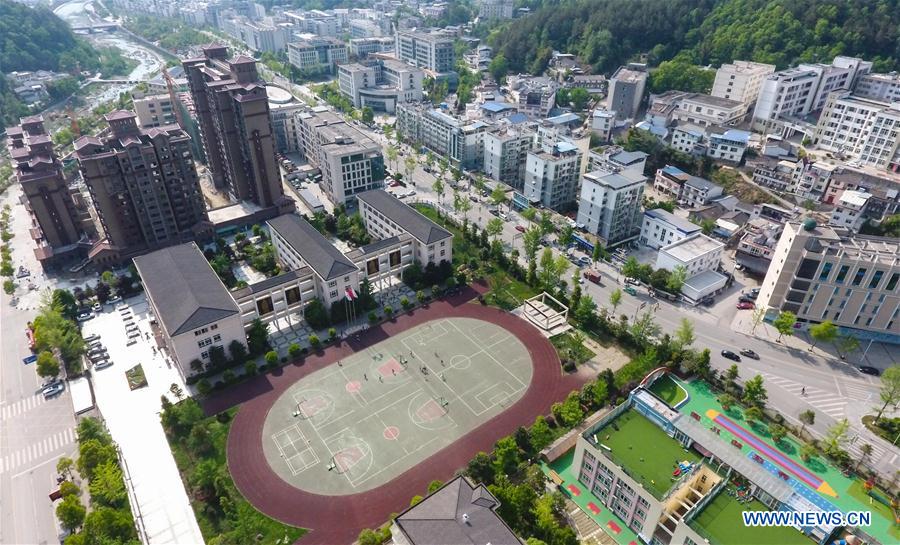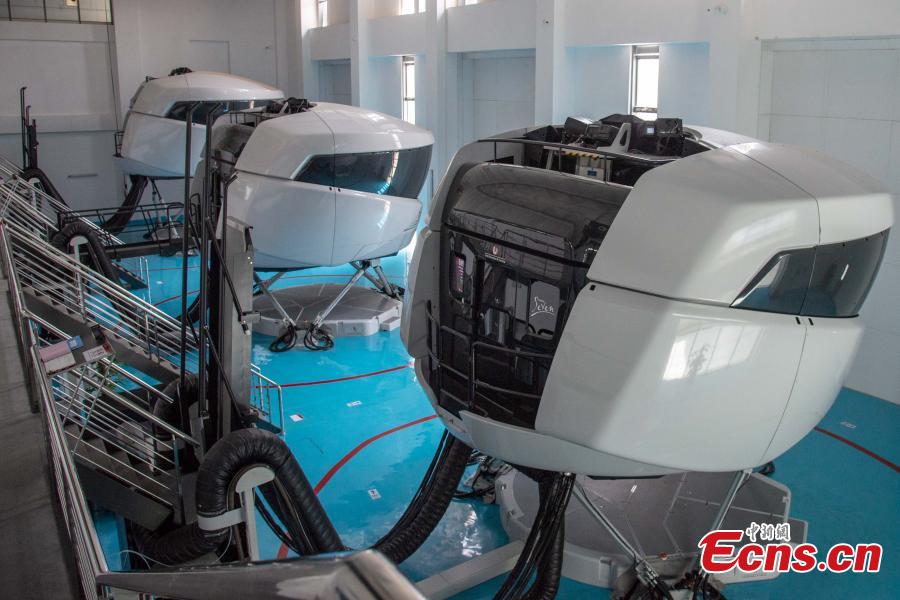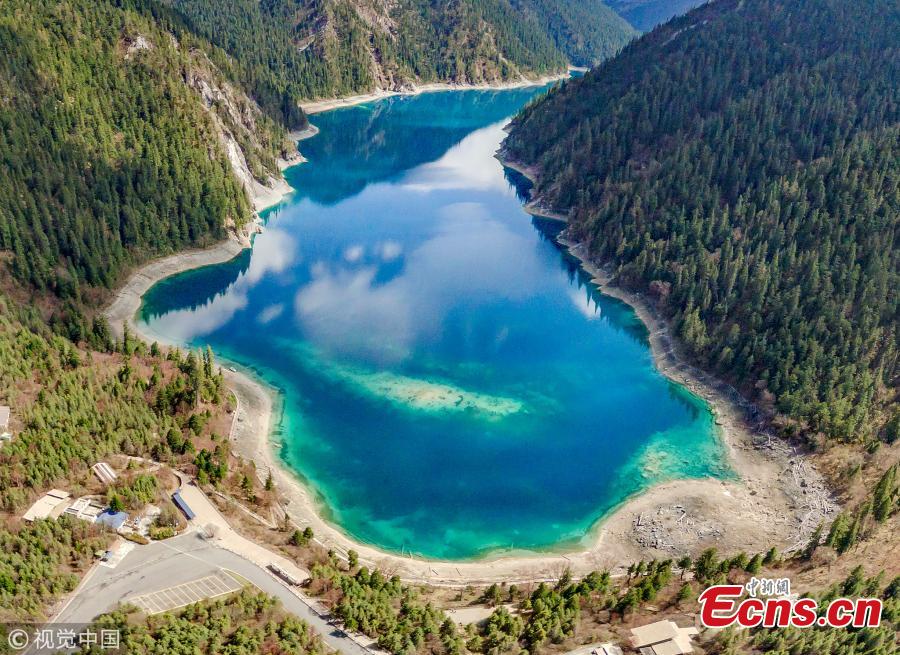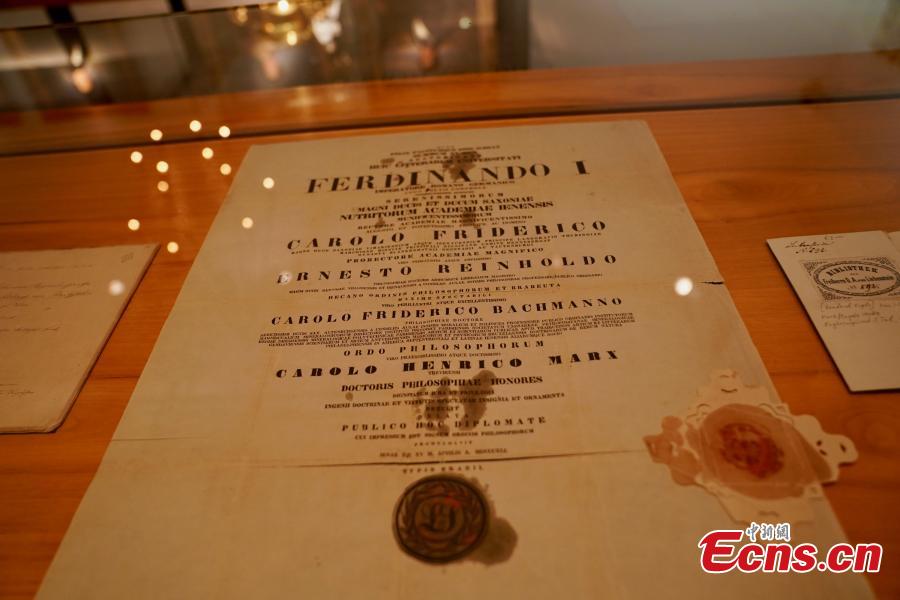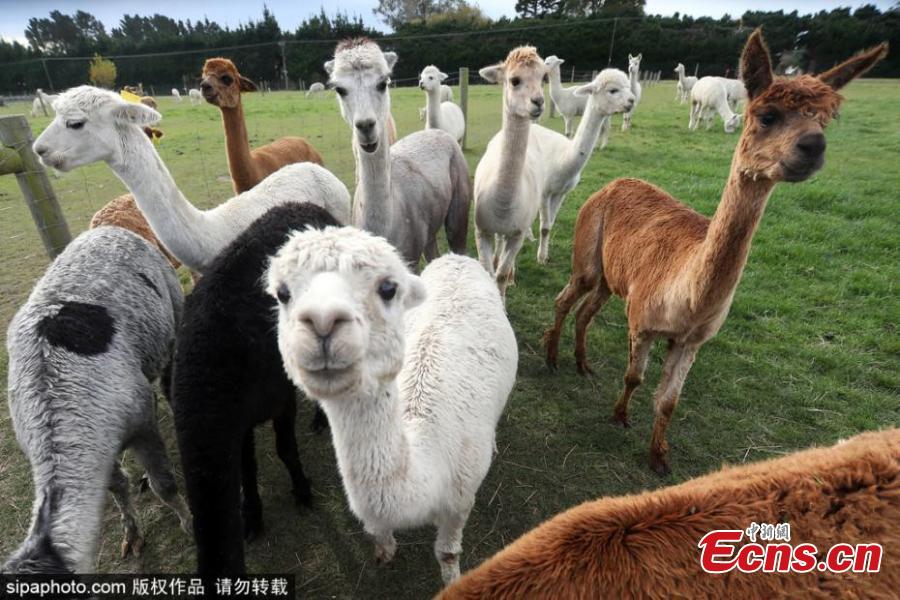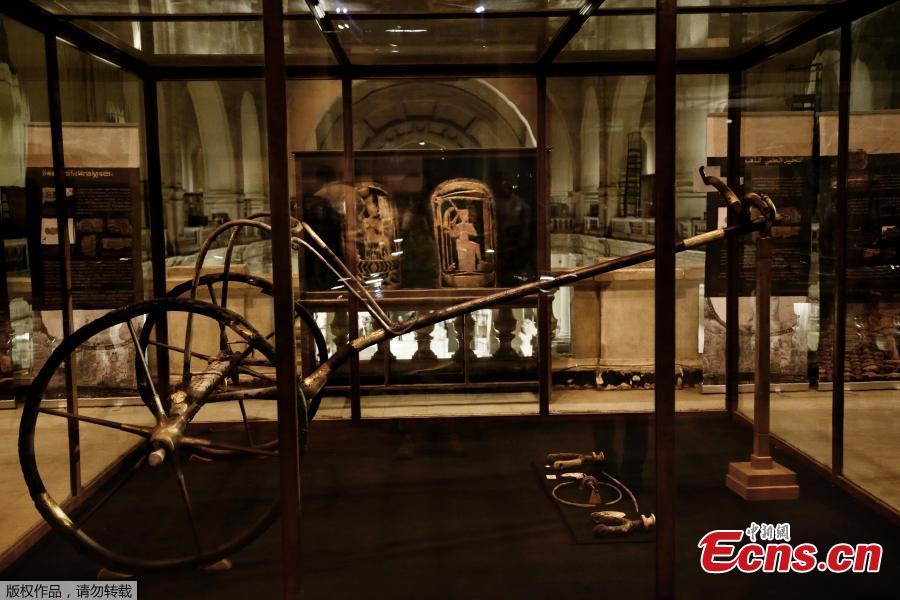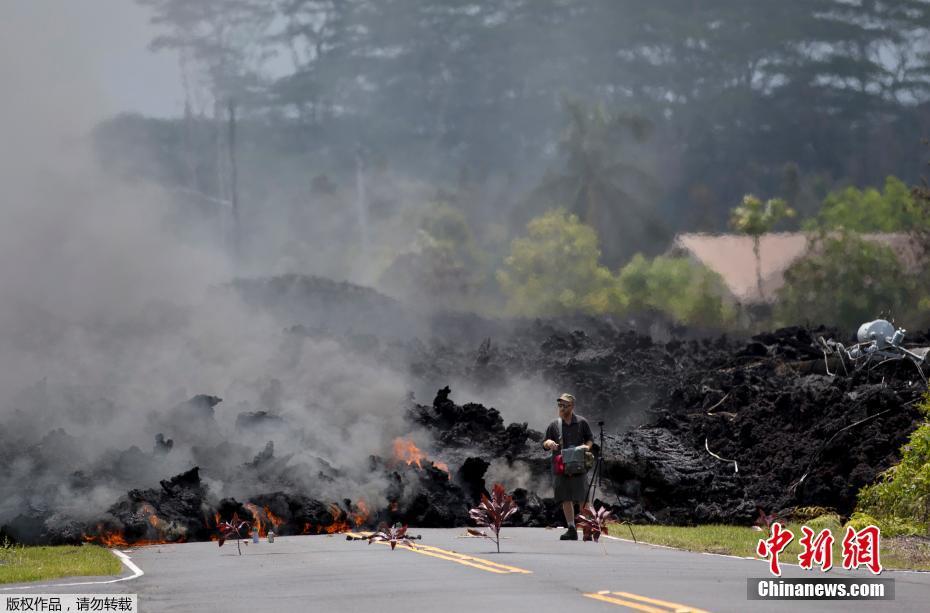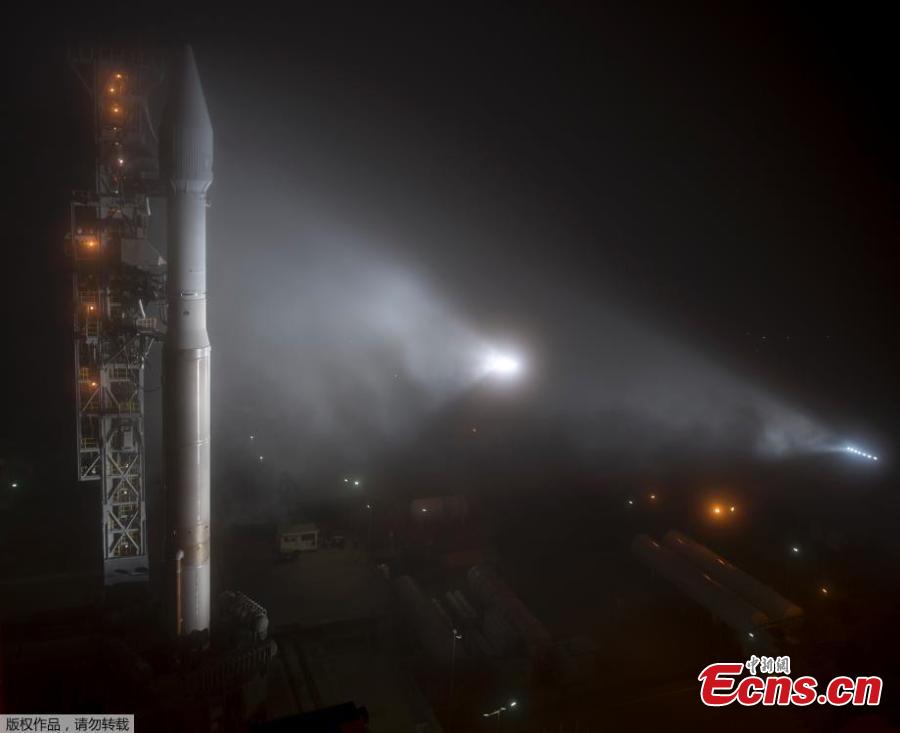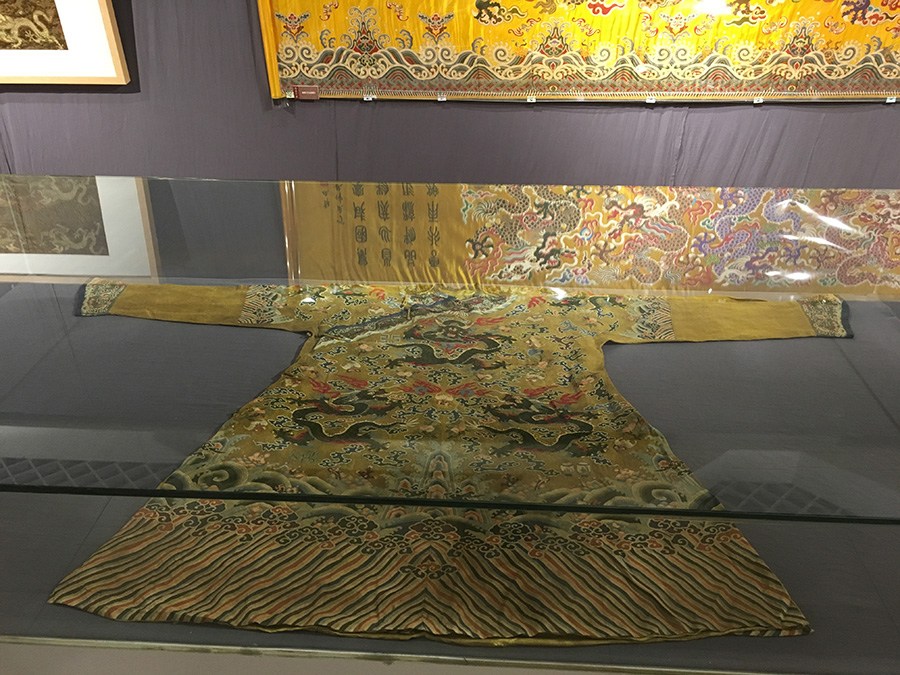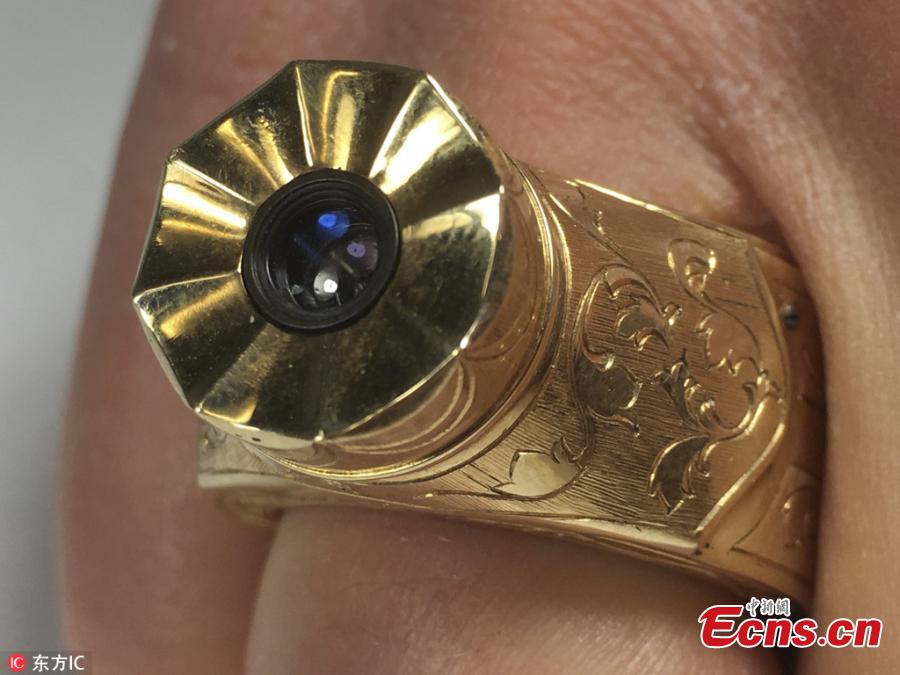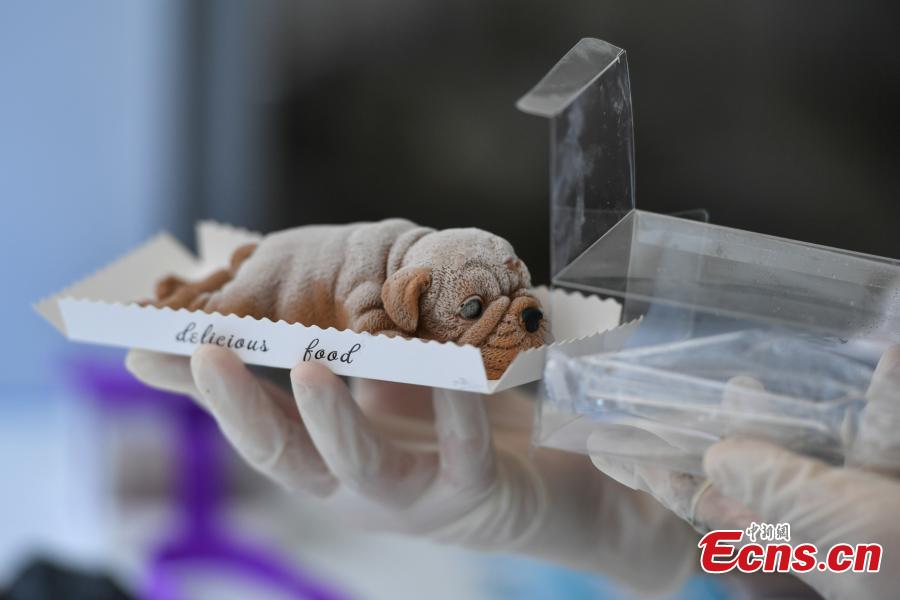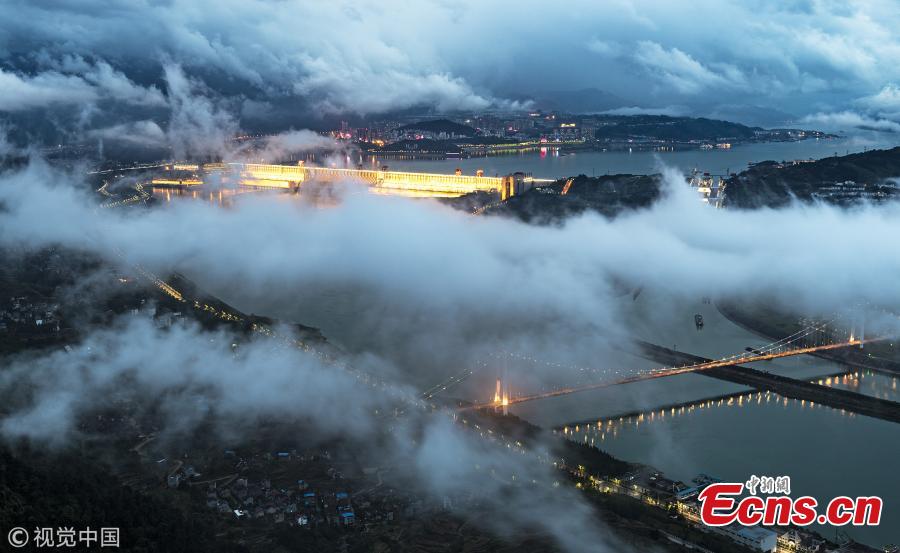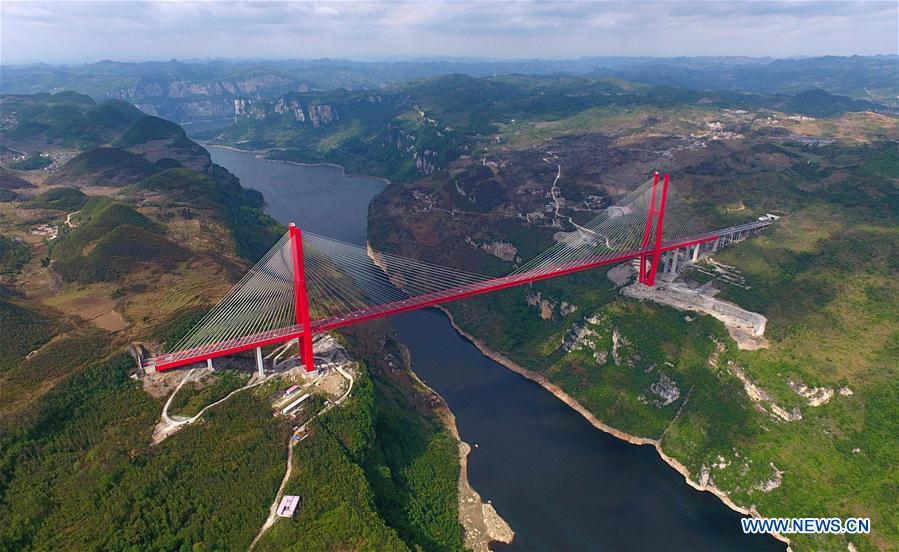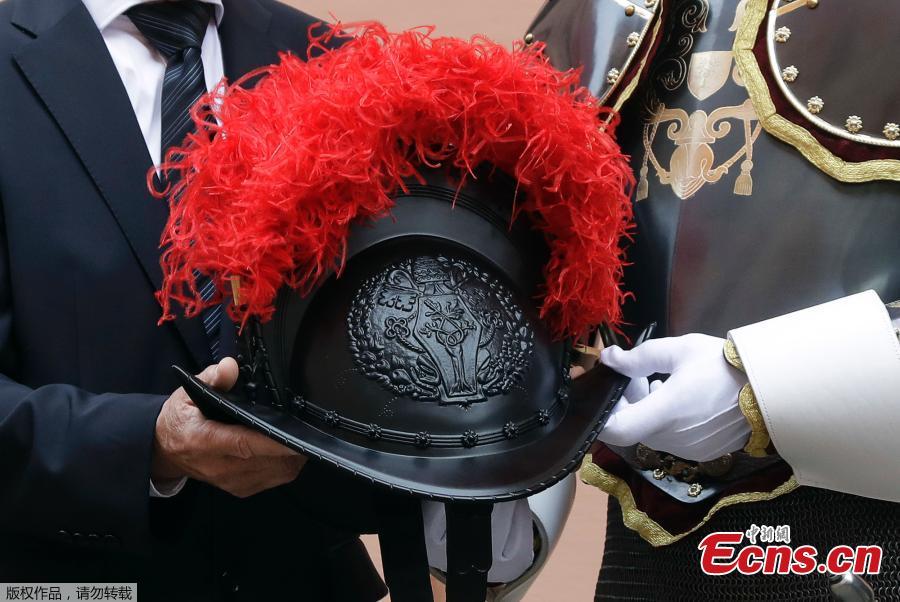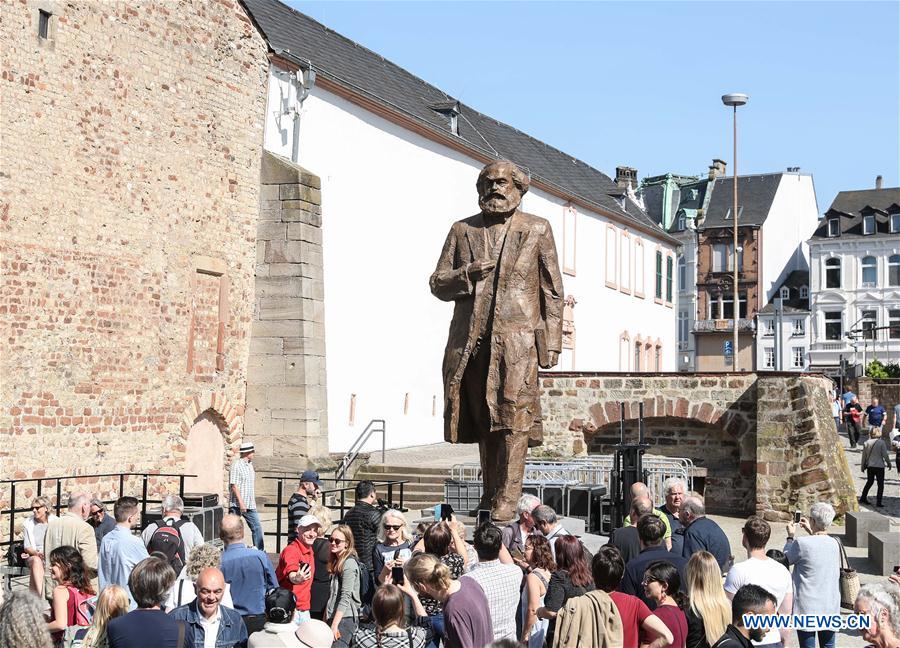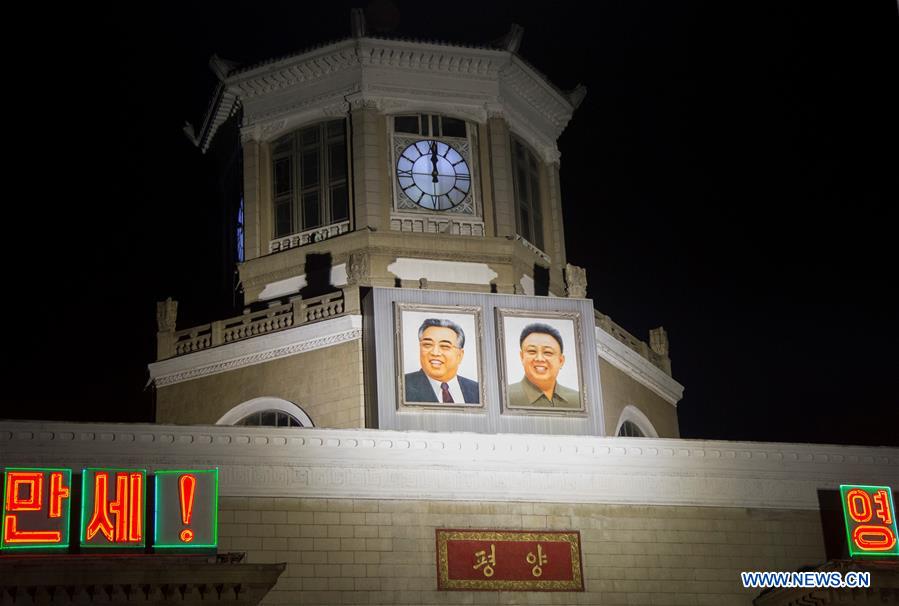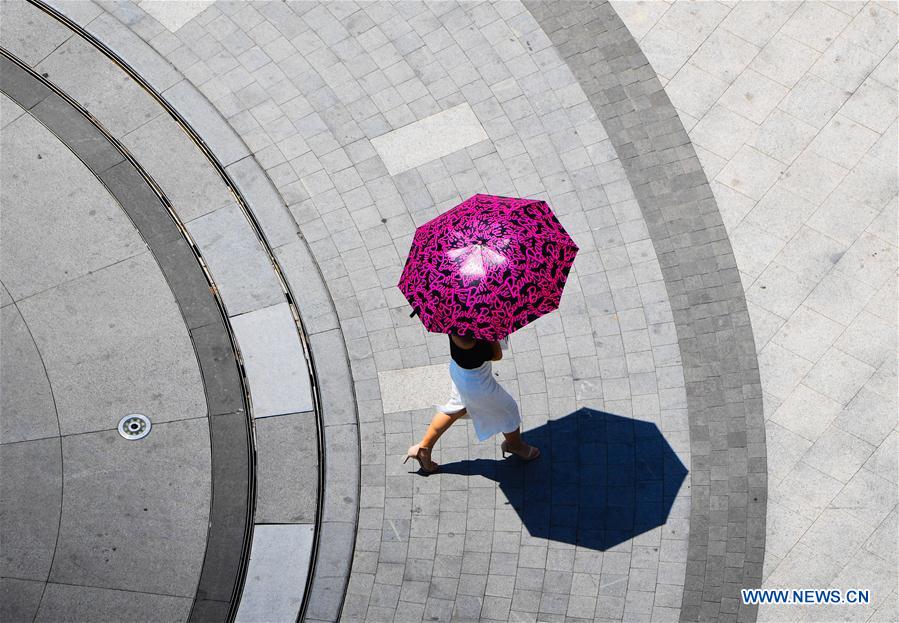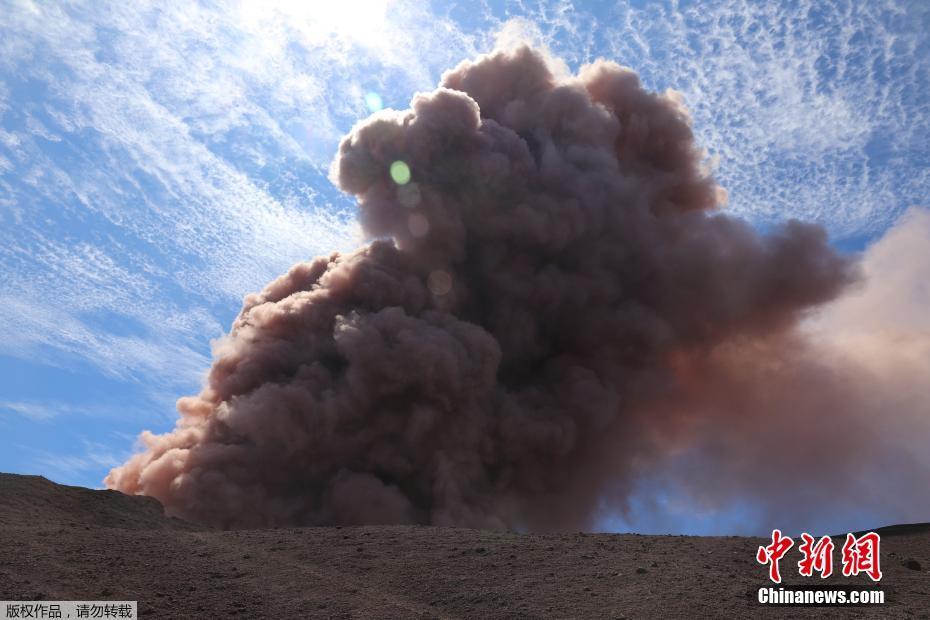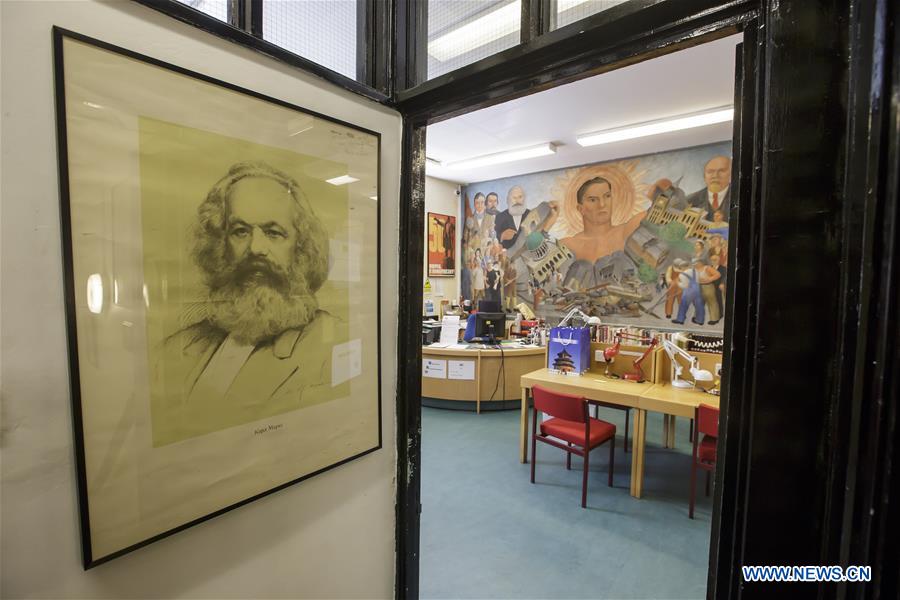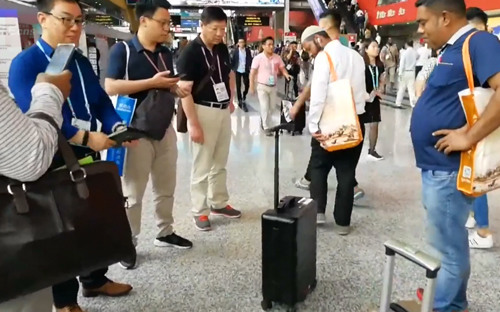Archaeologists in southwest China's Yunnan Province have discovered 14 rare tombs believed to be from between the late Neolithic and early Bronze age, local authorities said Monday.
The tombs were discovered during the latest excavation of 100,000-square-meters of ruins in Jiangbian Village in Chuxiong Yi Autonomous Prefecture, according to the provincial archaeology institute.
Wan Yang, researcher with the institute, said that besides one stone-chamber tomb, the other 13 tombs were earth pits with rare length-to-width ratio -- more than 400 centimeters in length, and 50 cm or 60 cm in width.
Such shaped tombs were the first of their kind found in the province and rare to see nationwide.
"The human skeletons are well preserved. In some tombs, the abnormal position of bones showed that the owners were buried long after death," Wan said.
In one tomb, two skeletons overlapped together, with a female on top and a male underneath. Researchers believe this shows a certain view of life and death among early humans.
Wan said that the secrets of these various burial forms would be disclosed as the excavation work advanced. The findings will further research on the human activity and burial customs of the early Chinese.
A batch of cultural relics including pottery and spinning wheels were also unearthed in the tombs.









